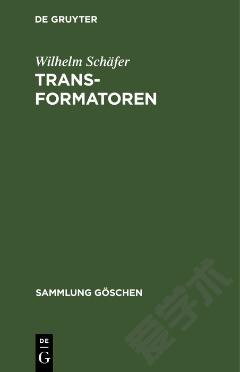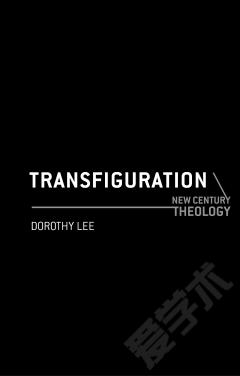Convert
"e;This play tackles the theatrically attractive but ethically complex issue of Christian fundamentalism. Nyamnjoh, as a sociologist is well qualified to explore the social problems and psychological pressures which give rise to the born-again phenomenon, and the strong appeal of fundamentalist religion. The Convert, however is no schematic sociological tract. It deals with the conflicting imperatives in 21st century West Africa, which push ordinary people into extraordinary situations, and provides no easy solutions to the issues raised. Although the play revolves around the Ultimate Church of Christ and the four main characters affected by it, the audience is given a deftly sketched picture of a corrupt world beyond it, lacking in spiritual or community values. [..] The characterization. is remarkable for its avoidance of any obvious protagonist; the audience is allowed no clear character with whom to identify. The four main characters . have both virtues and flaws, each providing insights into ways the consumer-oriented materialism of modern life impacts upon African spirituality and community values. - David Kerr, Professor in Literature and Drama, University of Botswana "e;"e;At the core of the implicit philosophy in Nyamnjoh's The Convert . is the theatrical manifesto that contemporary society has not only to liberate itself, and its productive powers from 'Pentecostal', freak religions and distortion, it also has to liberate these same productive capacities from their present prostration. There is a deep, engaging humanism that pervades The Convert, but it is a humanism emblematic, to speak analogously, of the Aeschylean variety."e;"e; - Bate Besong, Africa Review of Books."e;
{{comment.content}}








 京公网安备 11010802027623号
京公网安备 11010802027623号